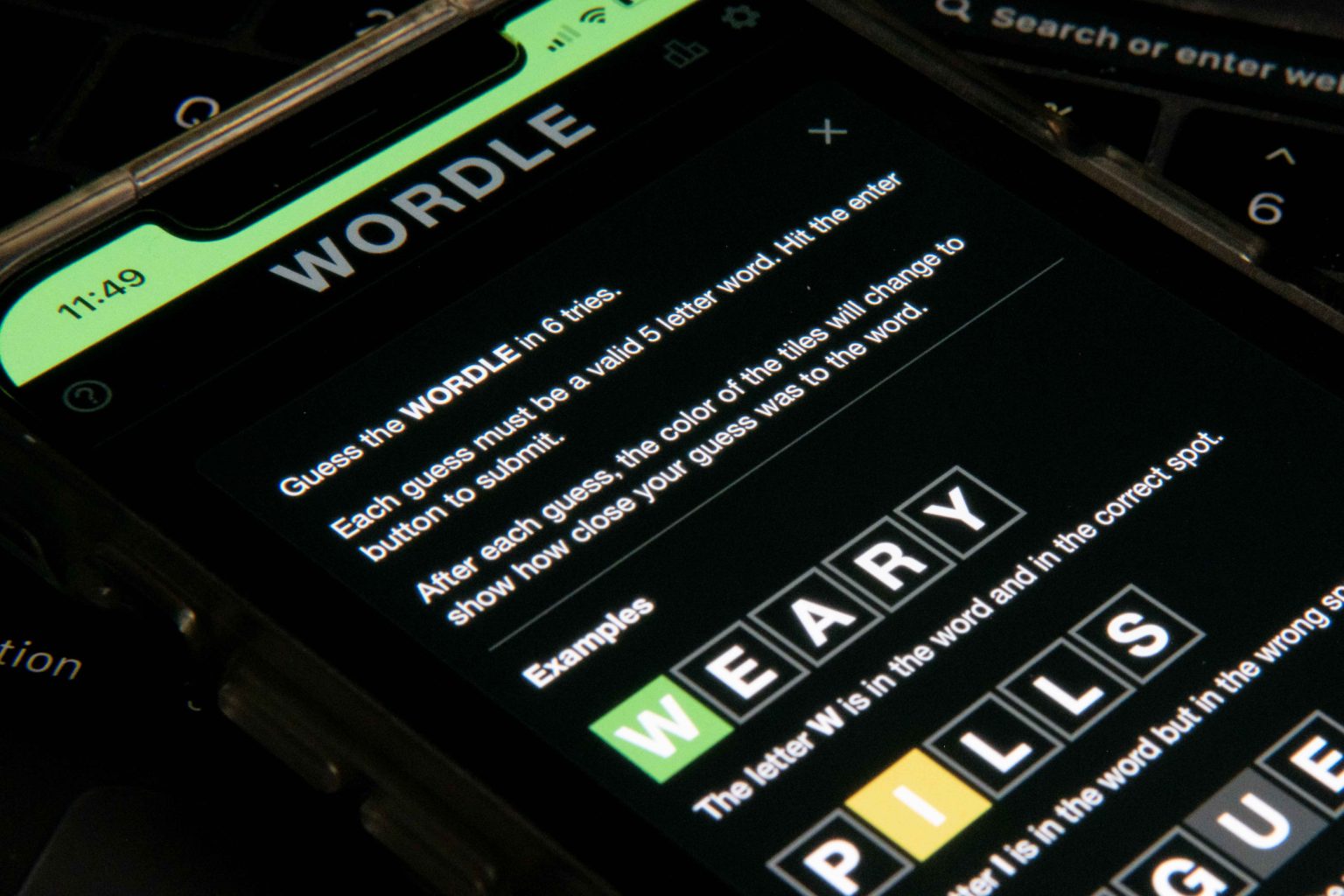Wordle, the immensely popular word puzzle game, has captured the hearts and minds of millions worldwide. Its simple yet engaging gameplay, coupled with the ability to share results on social media, has fostered a sense of community and connection among players across cultures and geographical boundaries. Created by Josh Wardle, Wordle’s meteoric rise led to its acquisition by The New York Times in 2022, a testament to its captivating nature and widespread appeal. This deceptively simple game presents players with the challenge of deciphering a five-letter word within six attempts. The color-coded tile system provides valuable feedback, guiding players towards the correct solution. Green tiles signify correctly placed letters, yellow tiles indicate letters present in the word but in the wrong position, and gray tiles eliminate letters that do not appear in the word.
The allure of Wordle lies not only in its accessibility and ease of play but also in the shared experience it creates. Players eagerly share their results, comparing strategies and celebrating successes with friends and family. This social aspect of Wordle strengthens bonds and provides a common ground for interaction, transcending geographical distances and cultural differences. The daily nature of the puzzle further enhances its appeal, providing a consistent source of entertainment and mental stimulation. As players strive to maintain their winning streaks, Wordle becomes an integral part of their daily routine, a welcome distraction from the demands of everyday life.
For those facing a particularly challenging Wordle puzzle, resources like Newsweek offer helpful hints and clues to guide players towards the solution. These hints provide just enough information to nudge players in the right direction without revealing the answer outright, preserving the satisfaction of solving the puzzle independently. The anticipation and excitement build as players analyze the clues, piecing together the letters and eliminating possibilities until the final answer is revealed. The sense of accomplishment upon successfully cracking the code is a rewarding experience, validating the mental effort invested in the game.
The specific Wordle puzzle discussed in the provided text, #1301, presented players with a word containing one vowel and no repeated letters. Hints further revealed that the word could describe a baby’s major developmental milestone and functioned as both a verb and a noun. The first letter, “C”, provided an essential starting point, narrowing down the possibilities. With each subsequent hint, players could progressively eliminate incorrect options, honing in on the correct answer. The final reveal, “Crawl,” brought a sense of closure and satisfaction to those who successfully navigated the clues.
Beyond Wordle, other word puzzle games like Connections, also from The New York Times, offer similar challenges and opportunities for engagement. Newsweek extends its support to these games as well, providing daily hints and tips to assist players. The availability of such resources underscores the widespread popularity of word puzzles and the desire for shared experiences within the gaming community. These games provide a platform for intellectual stimulation and social interaction, fostering a sense of camaraderie among players.
The enduring appeal of Wordle and similar word puzzles stems from their ability to challenge our minds while providing a sense of accomplishment and shared experience. The daily ritual of tackling a new puzzle, sharing results, and celebrating victories creates a vibrant community of players united by their love for wordplay. As Wordle continues to captivate audiences worldwide, it serves as a testament to the power of simple yet engaging gameplay and the enduring human fascination with language and puzzles.

